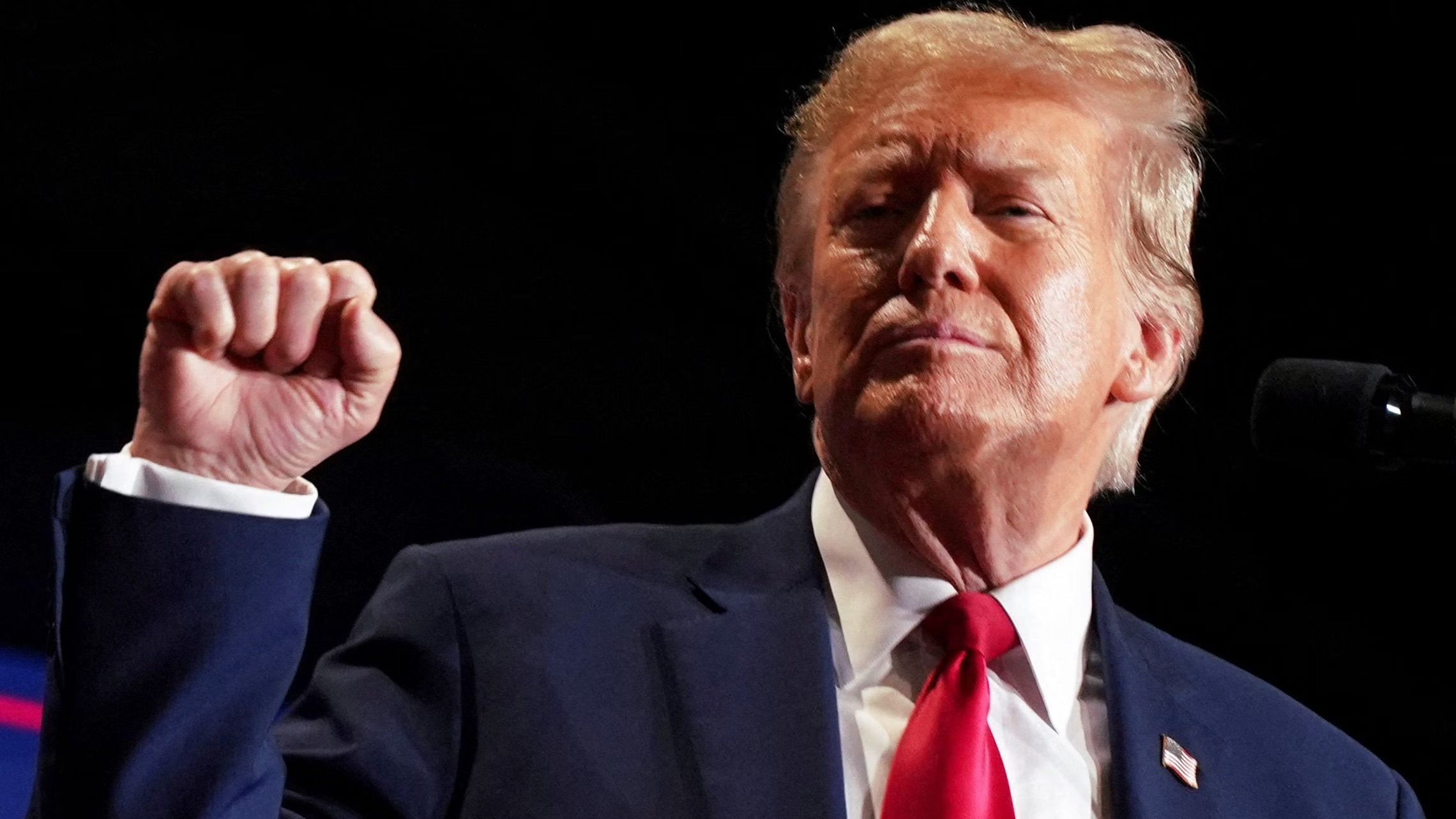
US President Donald Trump announced that India has proposed a deal to eliminate all tariffs on goods imported from the United States. Speaking at an event in Doha, Trump said, “They [India] are willing to literally charge us no tariff.”
India and the US are currently in discussions to negotiate a new trade agreement. However, the Indian government has not yet commented on Trump’s remarks, and the BBC has reached out to India’s commerce ministry for clarification. No further details regarding the potential deal have been made public.
Trump’s Comments on Trade with India and Apple’s Manufacturing Plans
During his address to business leaders in Doha, Trump also spoke about Apple’s plans to expand iPhone production in India. He stated that he had told Apple CEO Tim Cook that he did not want the company to build iPhones in India, citing the country’s status as “one of the highest tariff nations in the world.”
Trump said, “They [India] have offered us a deal where basically they have agreed to charge us literally no tariffs. I said, ‘Tim, we are treating you really good, we put up with all the plants you built in China for years. We are not interested in you building in India. India can take care of themselves.’”
In an earnings call earlier this month, Apple confirmed that it was shifting production of most iPhones from China to India, while Vietnam would become a significant production hub for items such as iPads and Apple Watches.
In April, President Trump imposed tariffs of up to 27% on Indian goods. The Indian government is working to negotiate a trade deal during the 90-day pause on higher tariffs, which ends on July 9.
Meanwhile, the US and China agreed this week to lower import taxes on goods traded between the two countries. US tariffs on Chinese imports will drop from 145% to 30%, while Chinese tariffs on some US goods will decrease from 125% to 10%.
India’s Growing Willingness to Negotiate Trade Deals
India has long been one of the US’s biggest trading partners, with bilateral trade valued at $190 billion. However, there remains a $45 billion trade deficit with India, which Trump has repeatedly sought to reduce.
While India has already made some tariff reductions, including on Bourbon whiskey, motorcycles, and other US products, the Indian government is expected to take a more cautious approach when it comes to sectors like agriculture, which involve sensitive political issues.
India has recently shown more openness to trade deals after years of skepticism. Last week, it signed a trade pact with the UK, significantly reducing duties on products like whisky and automobiles. Additionally, last year, India finalized a $100 billion free trade agreement with the European Free Trade Association (EFTA) after nearly 16 years of negotiations.
India and the EU are also pushing to finalize a free trade agreement.
Author’s Opinion
India’s willingness to engage in more trade deals is a positive sign, but it’s important for the country to balance openness with caution. While reducing tariffs in areas like whiskey and automobiles makes sense, sectors such as agriculture require more careful consideration due to the political sensitivities involved. The growing push for free trade agreements is crucial, but India must ensure it doesn’t compromise domestic interests for short-term economic gains.
Featured image credit: Heute
For more stories like it, click the +Follow button at the top of this page to follow us.
